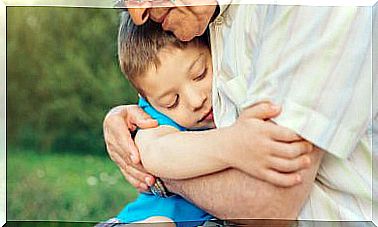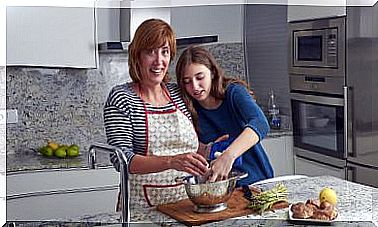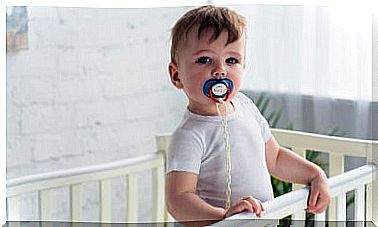What Does Respectful Parenting Mean?
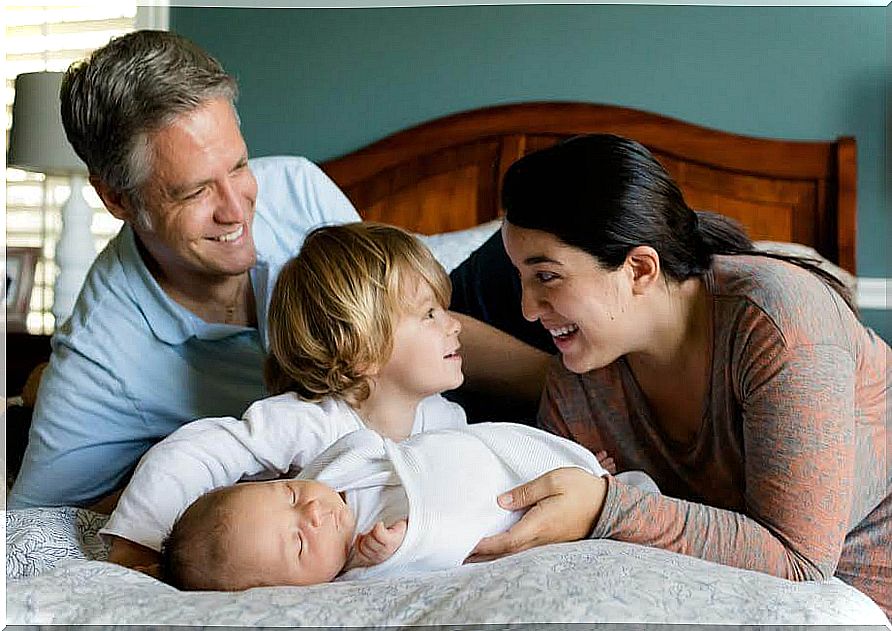
Educating and training a child from birth and throughout its upbringing is one of the most important tasks a human being can develop. Provide you with tools throughout your life to strengthening your emotional well-being is everything to a mother. In this post we will talk about what respectful parenting means.
Much is said about the way parents choose to raise their children. Often those who carry on their shoulders the great responsibility of instructing a child are objects of criticism and negative comments.
They are the target of many “that is not done like that”, “children must be corrected with discipline”, “you cannot be so harsh”, “you must be more flexible”.
The truth is that the best way to raise a child is only discovered in the process, there is no magic formula to teach you.
Although there are many ways to do this, one of them is respectful parenting. What does it mean? How to exercise it? What are the benefits? Then we will tell you everything.
Bases and knowledge of respectful parenting

Respectful parenting is currently imposed and defined as a style or way of life, beyond being considered a method or system for teaching the life of a child.
It is mainly based on showing love, empathy, respect and consideration in each action on the path between parents and children. But don’t all parents do that?
Yes, show love, feel interest in every concern and action, hug him , pampering and respecting him, are things that parents usually do with all their children, it is almost a natural act, something innate that arises as an impulse in the mind and heart of mom and dad.
According to specialists, respectful parenting is about parents considering the child as a person who has the same rights as an adult, it is a relationship that is strengthened on the basis of respect, love and non-punitive limits, that is, no imply sanctions or punishments.
Respectful parenting does not differ much from the theory of attachment established by the psychoanalyst John Bowlby, although the latter refers to the first years of a person, while respectful parenting can be applied at any stage of the life of a human being.
Equality, empathy and respect: principles of respectful parenting
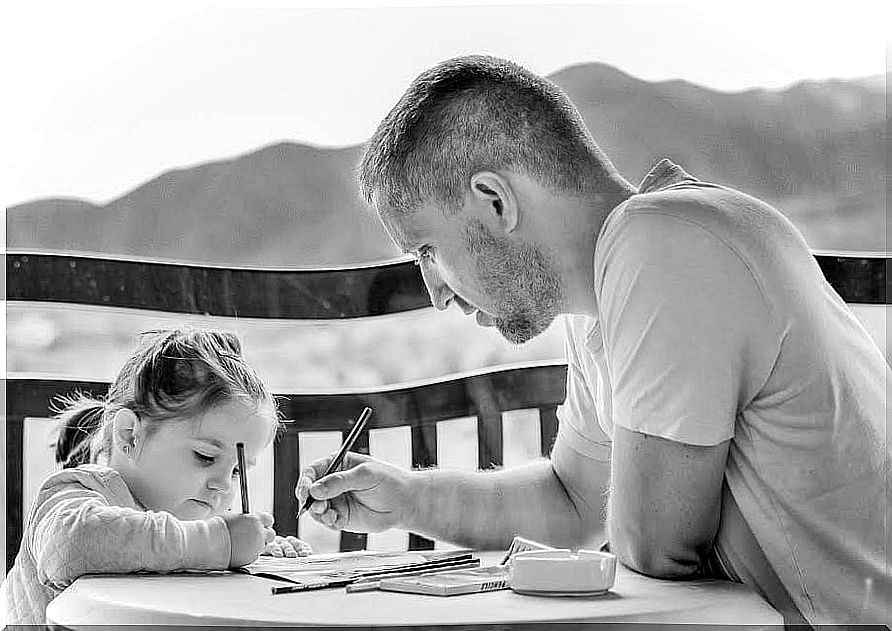
Respectful parenting is governed by certain aspects that determine parental exercise and that we intend to describe for you in the following lines:
- Children and adults have the same rights. Dad and mom are not the only ones who can give their opinion or know about a topic, children can also intervene and not just obey.
- Parents must be perfectly capable and willing to connect with the needs of their children and give them a genuine response, true, but above all things full of love. Here it is vital that the impressions, emotions and concerns of the little one are taken into account in a correct way, however irrelevant it may seem at first glance.
- Non-punitive limits is a vital aspect when respectful parenting is applied, because although there are no punishments or sanctions, the child must know that there are things that he cannot do, this framed in a model in which the parents are example to follow and love is huge but firm, far from violence.
The perfect recipe does not exist
Respectful parenting has a considerable number of followers but also detractors, as many consider to have achieved optimal results with this formula while at the same time there are those who believe that it is very permissive.
Parenting styles are diverse, there are simply people who reject any model contrary to the one that has been used by generations in their family. Whatever the case, the truth is that there is no perfect and foolproof way to raise a child.
It is essential to understand that we are the guides of unique and unrepeatable creatures, with a special personality different from that of any other being, so it only remains to enjoy the process in addition to activating the options that adapt to the needs of the child and the family, seeking harmony or their emotional well-being.
